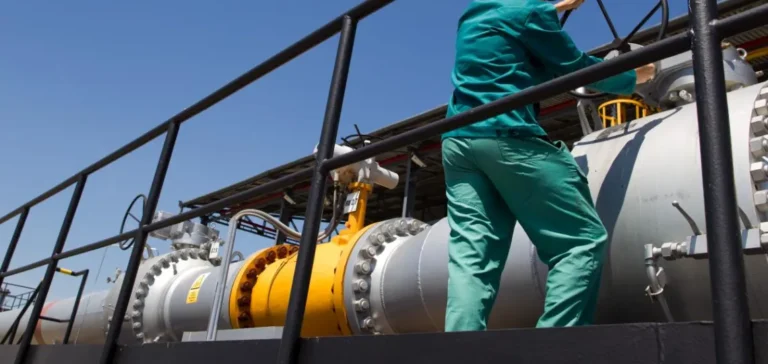European institutions have reached a provisional agreement extending obligations for natural gas storage until the end of 2027. This measure stipulates that member states must achieve at least a 90% fill level of their gas infrastructure, with increased flexibility in the practical application of these targets each year between October 1 and December 1. This decision primarily aims at ensuring strengthened energy supply security throughout the Union amid unstable economic and geopolitical circumstances. The European Commission will closely cooperate with member countries to facilitate effective implementation of these new provisions, notably through joint gas purchasing.
Relaxation of criteria
The initially established gas filling trajectories will now be indicative, allowing member states to adjust their strategies according to gas market developments and technical constraints. In cases of particularly unfavourable conditions, national authorities can also adapt the objectives to ensure optimal management of existing resources and infrastructure. The European Commission emphasized its supportive role and ongoing market analysis through specialised groups such as the Gas Coordination Group (GCG), responsible for continuously evaluating the status of energy supply and market price fluctuations.
Next regulatory steps
Following this provisional political compromise, the text must be officially adopted by the European Parliament and the Council of the European Union before entering into force immediately upon publication in the Official Journal of the European Union. Alongside this extension of storage obligations, the Commission plans a general revision of the European energy security framework. This initiative is part of its Action Plan for Affordable Energy, aiming to enhance the resilience of Europe’s energy system and sustainably stabilise prices.
Historical and regulatory context
Initially introduced in June 2022 during the energy crisis, the Regulation on natural gas storage was mainly intended to reduce risks of supply disruptions, particularly with respect to energy dependency on Russia. A report published in March 2025 confirmed the effectiveness of this regulatory mechanism, highlighting a noticeable improvement in supply security. European storage capacities currently cover approximately one-third of winter gas consumption.
In recent years, the European Union has regularly exceeded its storage targets before each winter season, reducing supply disruption risks and enabling greater price control. In March 2025, the European Commission proposed extending these obligations for an additional two years to further enhance the stability of the European gas market.






















